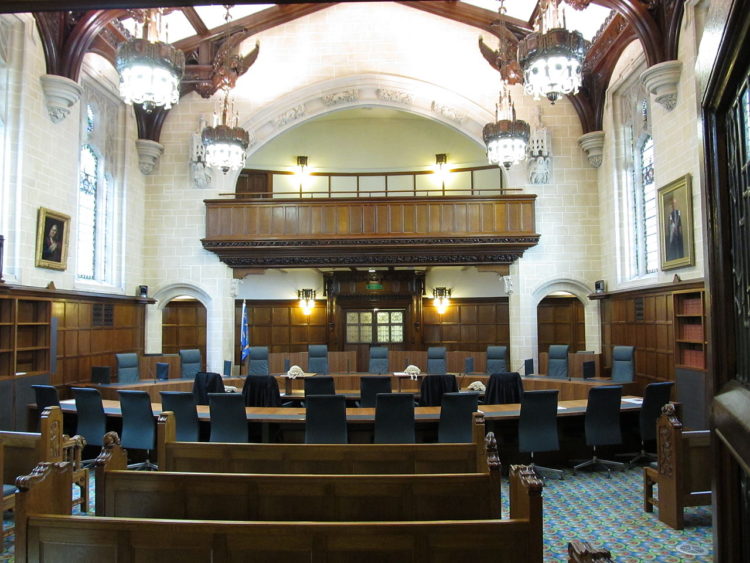By Lucy Caulkett-
A High Court judge has referred a whistleblowing case to the president of the family division, following a dilemma. Mr Justice Holman said the ‘novel, if not unique, set of circumstances’ required consideration at the highest level. The case concerns that of a whistleblowing paralegal in relation to an alleged fraud supposedly protected by the principle of legal privilege.
In common law, legal privilege professional privilege protects all communications between a solicitor and his/her client from being discussed without the permission of the client. In a case where private communication between a client and their solicitor is discussed, it could jeopardize the case, since the disclosed information will most likely be judged inadmissible. The problem for the court is what happens where fraud or a serious crime is implied or observable from the disclosed information protected by legal privilege. Does the judge turn a blind eye or address it?
The identity of the parties involved cannot be disclosed due to reporting restrictions imposed by the court. The case involves a couple who divorced in 2013 and the details of that painful divorce. In 2017, a judge dismissed the wife’s application to set aside a consent order made in 2014. However, a person who was employed as a paralegal in the firm acting for the husband, posted material to the judge earlier this year with information protected by this principle of legal privilege. Holman told the court he has not seen the material but understands it contains ‘some account of things allegedly said between the husband, as client, and his solicitor (by whose firm the informant was employed) and junior counsel during the course of 2017’. Details of cases discussed between a client and their solicitor is usually protected by legal privilege.
Last February, the judge recused herself from the case because she had seen the submitted information by the husband which was protected by legal professional privilege. Holman admitted not being sufficiently informed about the relevant legal framework, adding that ‘quite intense consideration’ may need to be given to the law on legal professional privilege. One would have thought that there should be ample information about the law on legal privilege already.
Holman acknowledged that the law is familiar with privileged documents being inadvertently or accidentally supplied to another party, but said the wife possessed the material only because it was deliberately sent to her by the judge. The issue now is whether the information disclosed should be admitted as evidence or not. Apart from The Eye Of Media.Com, the only other publication that covered this case was The Law Society Gazette. The Law Society Gazette is filled with legal experts, but not many experts would want to publish their expert view on a case like this whilst it is ongoing. There could potentially be legal implications. It is interesting for there to be an area in law relating to legal privilege that is above the expertise of a sitting judge, if other less accomplished experts believe they have a sound understanding about how it should be handled.
Holman said: ‘We live in an era in which so-called “whistleblowing” is less frowned upon than it once was and in which, indeed, in many circumstances whistleblowing is now encouraged’. However, he added: ‘It is not difficult to see that if some employee of a firm of a solicitors can disclose what is otherwise prima facie privileged material, whether to the court or to the other side, the whole edifice of legal professional privilege might rapidly crumble.
‘On the other hand, fraud is fraud, and my current understanding is that legal professional privilege cannot, in the end, withstand the unraveling of fraud or similar malpractices if (I stress if) they have taken place.’ Holman appears to be right since it would be incredibly strange if the crime of fraud were allowed to occur unpunished on the grounds of a breach to legal privilege. The ultimate essence of legal privilege will then have to be clearly defined to understand its purpose as not including the concealing of criminal practices.

